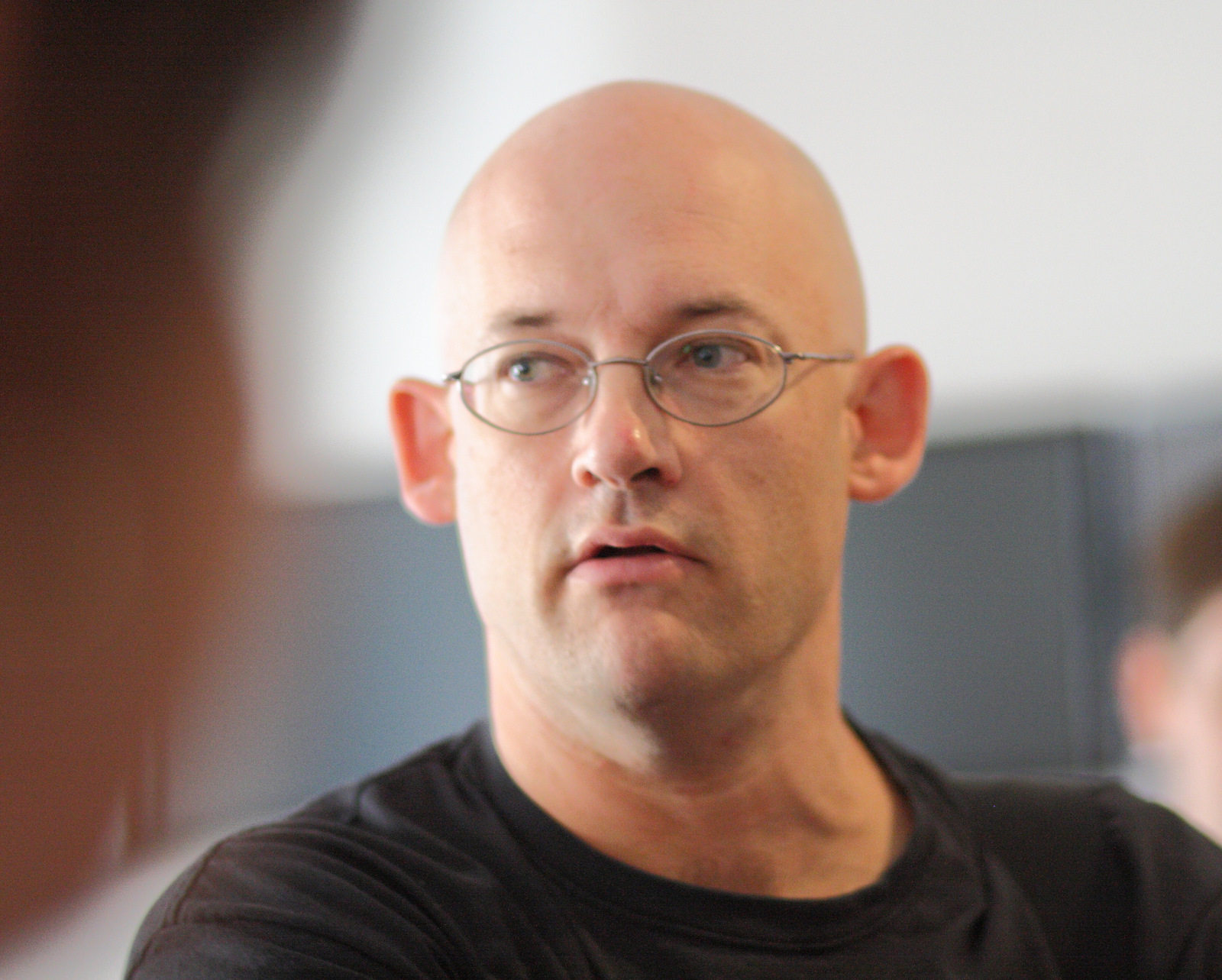Clay Shirky, professor at New York University and one of the world’s leading thinkers on digital technology and its social and economic effects, will deliver the Poitras-Gleim Keynote Lecture at Dickinson College on April 25th at 7 p.m. in the Anita Tuvin Schlechter Auditorium.
Shirky, who served as the Edward R. Murrow Lecturer at Harvard’s John F. Kennedy School of Government in 2010, will discuss how Internet technologies can help improve American government and democracy. His writings have appeared in The New York Times, The Wall Street Journal, Wired, and the Harvard Business Review, and he has given talks at Oxford University, the U.S. State Department, and TED, where his speeches have been viewed by more than a million people. He is the author of several books, including Here Comes Everybody: The Power of Organizing Without Organizations, which was named one of the 100 greatest nonfiction books ever written by the The Guardian. Currently an associate professor in NYU’s Arthur L. Carter Journalism Institute, he began his teaching career as the first professor of new media at Hunter College, where he developed the M.F.A. program in integrated media arts.
Shirky’s presentation marks the 50th annual lecture funded by the Poitras-Gleim endowment, a gift from Ted and Kay Gleim Poitras. The Student Senate Public Affairs Committee, which was created to absorb the Public Affairs Symposium and expand upon its mission of cross-disciplinary thought and discussion, is pleased to host Prof. Shirky’s visit. His address will serve as a capstone to a semester-long series of events—with addresses by, among others, Kris Perry, Richard Sander, and John Lott—organized by the committee and titled “The Next Great Debates: Perspectives on Emerging Problems.”
Image source: Wikimedia Commons

 Rebecca Frost Davis, one of the general editors of The Digital Pedagogy Reader and Toolkit, will give an overview of this born-digital publication. Seminar participants will contribute to the project, which is aimed at aggregating digital tools used by adventurous practitioners and presenting pedagogical projects in their original forms.(Times EDT)
Rebecca Frost Davis, one of the general editors of The Digital Pedagogy Reader and Toolkit, will give an overview of this born-digital publication. Seminar participants will contribute to the project, which is aimed at aggregating digital tools used by adventurous practitioners and presenting pedagogical projects in their original forms.(Times EDT) A website called “Evolllution” (Illuminating the Life Long Learning Movement) has published a fine
A website called “Evolllution” (Illuminating the Life Long Learning Movement) has published a fine 